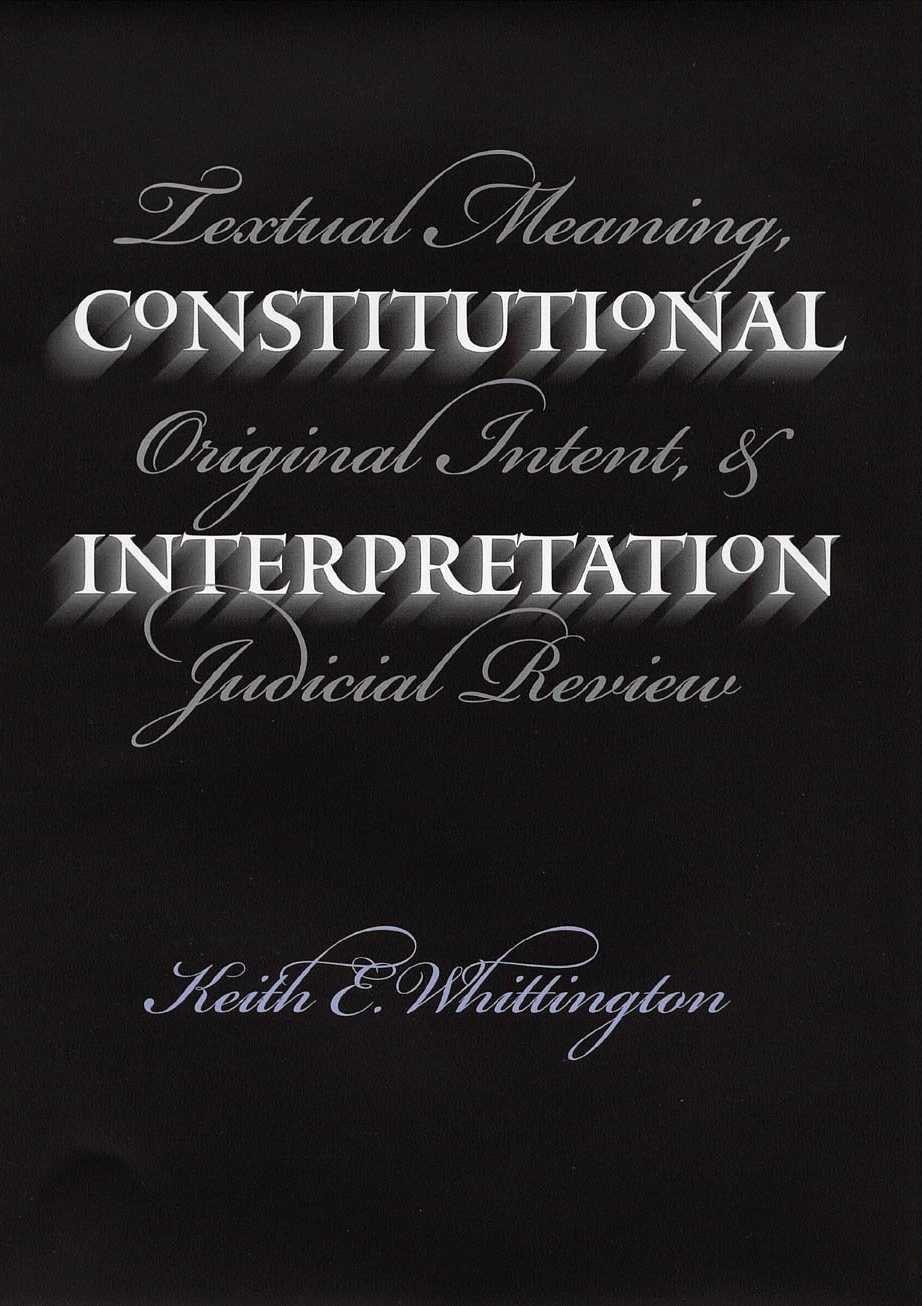Wednesday, January 05, 2011
The horror! The horror!
Antonin Scalia, a take-no-prisoners originalist member of The Supremes, opined recently, as he has done on several occasions before, that the Constitution contains no provision in the 14th amendment which provides Equal Protection to women or gays. The numbers of the Shocked and Appalled could quickly outnumber the members of the Mormon Tabernacle Choir. The local MSM news channel headlined it oh-so-objectively as "Shocking opinion from a Supreme Court judge on women and gays."
Well, if a constitutional text means what was generally understood to be its meaning at the time of its adoption, then, duh, no. Does anyone imagine that in the 1860's the American electorate and its representatives --all male-- were consciously granting legal equality across the board to females and sexual perverts?
Since then, various iterations of the Supremes have said that it does, but then these same Supremes have, like Kabbalists, discovered the hidden truths and meanings in the bare text, the famous "penumbras and emanations". Amazingly, these hidden truths and meanings often match the convictions of the Supremes themselves.
The assumption among the Shocked and Appalled is that if Scalia finds no protection there on grounds of gender or sexual orientation, that he is in favor of death camps for women and gays.
He is quite clear: if you want to protect them, you have a legislature. Do it. Nothing, including the Constitution, is stopping you. But don't ask the Constitution to do something it doesn't do.
There is a funny paradox lurking in schools of constitutional interpretation. Someone like Scalia, whose devotion to the text and original meaning betokens a deep respect for the Constitution, --which liberals find rather shockingly idolatrous--nevertheless assumes that it has limits. It is not Scripture, but a specific kind of document with specific purposes and discoverable meanings. The Living Constitution folks, to my mind, use the text as a kind of chord on which to riff their own music, yet they seem to think that All Things Good and Beautiful must be found in it. (I suspect because they know how hard it is to amend the text to make it actually say what they want.) And they have the inclination to make a document aimed at limiting the State also inform the private acts of the People.
Religious tests, "separation of church and state", etc.
In another speech, Scalia admitted that he had certain kinds of draconian conservative impulses, but that the Constitution thwarted him and disallowed their enactment. (In my case, I'd ban Jerry Springer and Maury Povich from the airways.) That, to me, shows a healthy sense of reality. The Constitution is not a mirror. Yet somehow liberals find all their values magically there already, regardless of what the text says and what its writers and readers imagined it to mean. A conservative like Scalia can admit that it does not always match all his own personal values.
The interpretation of sacred texts, be they overtly religious or covertly so, is always contentious. During the time of Jesus, it was still a live question among Jews whether the written Torah was sufficient or whether there was an oral tradition included. The oral tradition folks won. And of course Christians have spent humongous amounts of time trying to regulate the tensions between the Old and New Testaments. So constitutional debate will always be a feature of American life. How could it be otherwise?
What I have found amusing is the moral umbrage, high-toned versions of the ghetto girl's "Oh, no he di-'n't!"
PS. When I googled for an image to use on this post, "constitutional interpretation" yielded photos of one person more than any other individual. Antonin Scalia.
Subscribe to:
Post Comments (Atom)


2 comments:
»During the time of Jesus, it was still a live question among Jews whether the written Torah was sufficient or whether there was an oral tradition included. The oral tradition folks won.«
Was it that the oral tradition was successfully defended, or that the oral tradition was formalized, brought into the foreground, as it were?
I don't think it was successfully defence, but resulted from the end of the Temple in 70 AD. The conservative Saducees, who rejected the oral law, no longer had a purpose or power, and it was the the proto rabbinic Pharisees at Javneh who reconstituted Judaism. At least that's my recollection. Jacob Neusner generously describes both Rabbinic Judaism (a specific form) and Christianity as the twin daughters of Judaism after 70.
Post a Comment